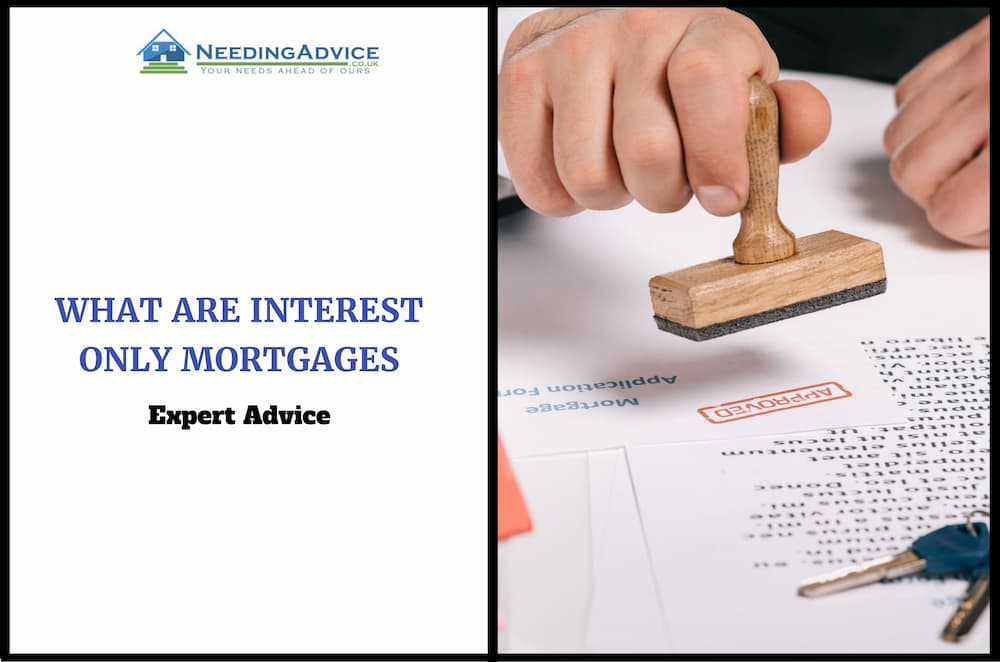According to the latest data from UK Finance, there were 702,000 pure interest-only homeowner mortgages outstanding at the end of 2022, 6.9% fewer than in 2021. In addition, there were 222,000 partial interest-only (part and part) homeowner mortgages outstanding at the end of 2022, 11.9% fewer than in 2021.
The total interest-only mortgage stock (including part and part) has reduced by 71% in number and 56% in value since 2012 (when these data were first collected). In particular, the number of interest-only loans at higher (over 75%) loan-to-values fell by 33.3% in 2022. Loans at these higher LTVs now make up 5% of the total, compared to 7% in 2021 and 36% in 2012.
Additionally, the number of interest-only loans set to mature by 2027 shrank by 73,000 in 2022 to 261,000 loans, a fall of 21.9%.
These statistics suggest that the interest-only mortgage market in the UK is continuing to shrink, as borrowers either pay off their loans or switch to a repayment mortgage. This is likely due to a number of factors, including the increased regulation of the interest-only mortgage market and the rising cost of living.
It is important to note that interest-only mortgages can be a risky option, as borrowers need to have a plan in place to repay the capital balance of the loan at the end of the term. If they cannot do this, they may be forced to sell their home or take out a second mortgage.
So, what are IO mortgages, what are their attractions, and what do you need to consider before arranging one?
What is an interest-only mortgage?
If you can get a mortgage and only ever have to repay the interest on the loan, of course, that is going to be popular. But that is not the case with the interest-only mortgage – which you might think to be something of a misnomer.
Naturally, the capital needs to be repaid at some time. But in this case that repayment is delayed until the end of the mortgage term. In the meantime, your monthly payment will simply cover the interest on the amount you borrowed.
Make no doubt about it, the capital has to be repaid – all in one go – at the agreed end date of your mortgage. An endowment insurance policy, savings, the proceeds from the eventual sale of the property, or a combination of all three, may be typical sources for the funds needed to repay the capital amount. (This is known as a repayment vehicle).
How do interest-only mortgages work?
In an article dated April 2020, Which? magazine explained that with an interest-only mortgage your debt remains the same throughout the mortgage term – you continue paying interest on the same balance of debt until the end of that term.
This contrasts with a standard repayment mortgage where you are paying some interest and repaying some of the capital in your monthly mortgage payment – the total mortgage debt is steadily declining.
Why choose an interest-only mortgage?
The principal reason for choosing an interest-only mortgage is because of the lower cost of your monthly mortgage payment. You are only paying the interest on your mortgage (i.e. this is an interest payment). You are not repaying the capital loan balance. Repayment of the capital is delayed until the end of the mortgage term.
With all the appearance of a much cheaper mortgage, therefore, you might be tempted to commit to the purchase of a home you ultimately cannot afford.
One of the complaints frequently received by the Financial Ombudsman Service, for example, is from borrowers who claim to have been misled about the capital sum they will eventually have to repay and cannot, in fact, make that repayment – leaving them in danger of their home being repossessed.
As credit reference agency Experian explains, however, an interest-only mortgage may still make good sense if you want lower mortgage repayments now and are confident in the knowledge that you will have sufficient money to repay the capital by the end of the mortgage term.
How interest-only mortgages have changed
The financial regulator, the Financial Conduct Authority (FCA), and the mortgage industry as a whole has come to recognise the dangers inherent in encouraging buyers to obtain mortgages which they are ultimately unable to afford.
Whereas lending was once based only on the income needed to support the interest-only monthly mortgage payment, much higher income requirements now mean that a buyer needs to show the ability to repay not only the interest but also the final capital instalment.
Stricter lending criteria also mean that applicants for interest-only mortgages may need a healthier than average credit score and also be able to offer a deposit equivalent to at least 20% of the purchase price of their home.
Your mortgage broker can advise you of the most appropriate IO mortgage lender for your own unique circumstances.
Who can get an interest-only mortgage?
Indeed,Which? magazine suggests that many lenders limit interest-only mortgages to those who already own their own home, enjoy a high annual income and who have at least a 50% deposit.
Interest-only mortgages remain popular and are widely used by buy to let investors. An interest-only arrangement may make sense for a buy to let landlord since the monthly payments of the interest are typically more than adequately covered by monthly rental income and the property itself may be sold to raise funds needed to repay the capital at the end of the mortgage term.
Is an interest-only mortgage suitable for you?
The major risk involved in an interest-only repayment mortgage is that you do not have enough saved to repay the capital amount at the end of the mortgage term. Since you are only repaying interest with your monthly mortgage repayment, you never reduce the size of the outstanding capital debt.
It is essential that you have made some savings or investment provision for making that final capital payment, therefore.
People who are nearing retirement may be in that position. They already have sufficient equity in the property they own and can count on the capital they can draw down when they retire. For that reason, retirement interest-only (RIO) mortgages may be attractive to those coming up to retirement.
Can I overpay on an interest only mortgage?
Yes, you can. This may be free, or you may have to pay a penalty fee. It may make sense, however, to speak to your mortgage adviser or mortgage lender with a view to switching to a repayment mortgage. That way, you can reduce the capital debt too.
Summary
The term interest-only repayment mortgage may be something of a misnomer – you have to pay interest via your monthly payment, but you must repay the capital, too, at the end of the mortgage term via a reliable repayment vehicle. Although repayments are initially much cheaper than a standard repayment mortgage, you must make provision for the ultimate repayment of the capital.
To ensure you make the correct financial decision for you, you may wish to seek the advice of a mortgage broker. They can find you the most appropriate interest-only mortgage deal in terms of the mortgage lender, the interest rate and the loan amount. They can also suggest a suitable repayment vehicle so that when the mortgage term ends, the outstanding mortgage balance (i.e. the capital) can be repaid.







Leave A Comment